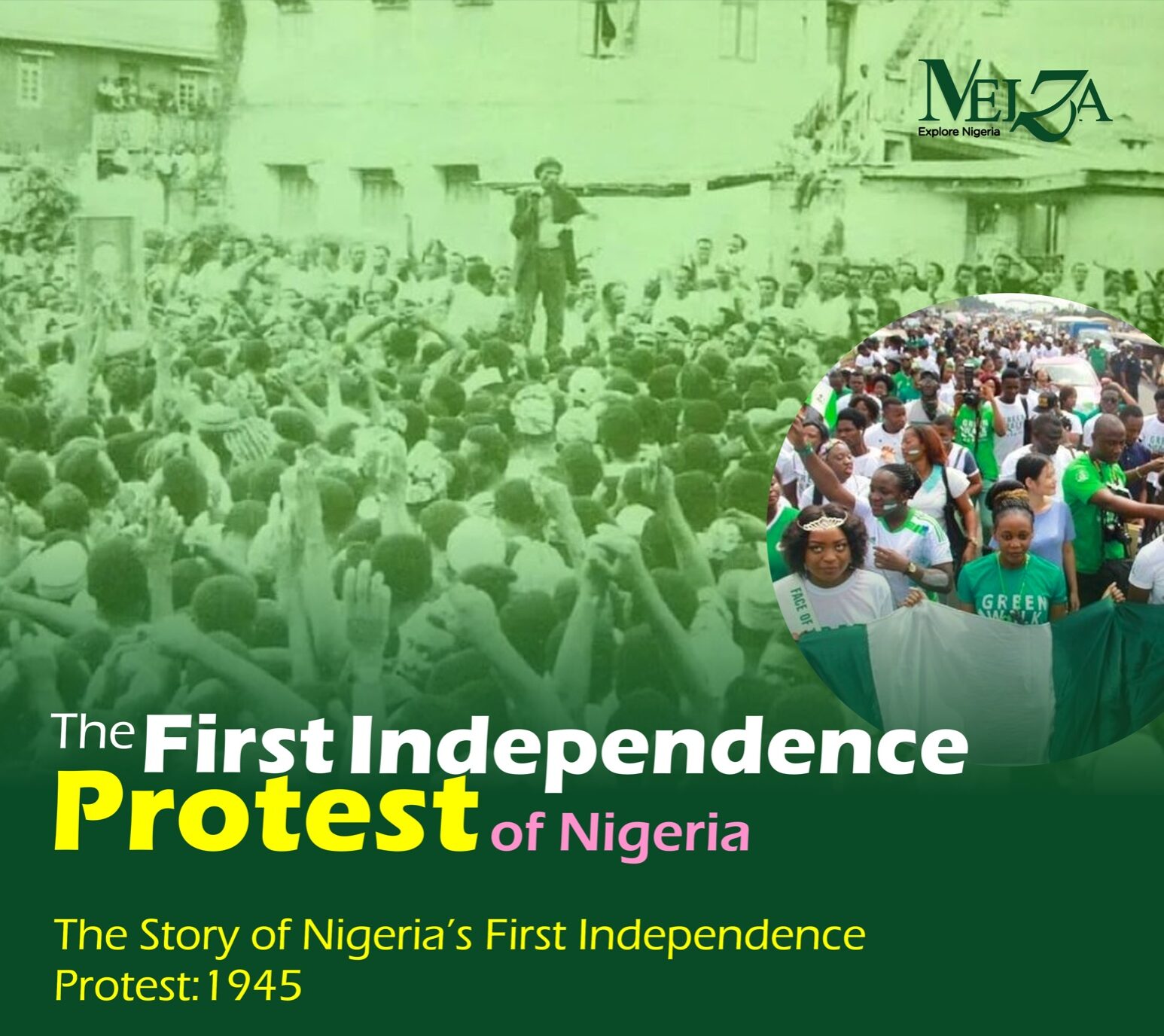A bystander’s view of the 1945 Nigerian general strike
On June 22, 1945, demonstrations commenced, spearheaded by railway workers in Lagos who announced its start by blowing train whistles at midnight.

As World War II ended in 1945, a significant chapter in Nigeria’s history began to unfold. The year marked the beginning of a determined push for self-determination by Nigerians, who were increasingly vocal about their desire to govern themselves without external influence. This pivotal moment was epitomized by the 1945 Nigerian General Strike, a landmark event signalling the British colonists that their time in Nigeria was nearing its end.
It had happened that Nigeria, under British colonial rule since 1914, had contributed significantly to the Allied war effort during World War II. However, the post-war period brought economic hardships, including high inflation and stagnant wages. These are outcomes that are still very familiar 110 years later. The colonial government’s attempts to control prices were largely ineffective, leading to widespread dissatisfaction among Nigerian workers.
In March 1945, a coalition of workers known as the Joint Executive of Government Technical Workers demanded an increased minimum wage and better living conditions. When the government denied these demands in May, the workers issued an ultimatum, threatening to strike if their demands were not met by June 21, 1945.

So, how did the strike kickoff?
This strike quickly spread across the colony, involving an estimated 200,000 essential workers from various sectors, including dock and civil service employees. The protesters were supported by prominent nationalists such as Herbert Macaulay, Nnamdi Azikiwe, Adunni Oluwole, and Obafemi Awolowo.
Michael Imoudu, a prominent labour leader who had been imprisoned since 1943, was released by the colonial government on June 2, 1945, in an attempt to appease the workers but that move hardly moved the aggrieved. Instead of placating, Imoudu’s release only strengthened the strikers, and the former prisoner became a key movement figure.
Several notable figures played crucial roles in the 1945 General Strike in addition to the labour leader. Michael Imoudu who is often regarded as the father of Nigerian trade unionism, had help from the nationalists. Herbert Macaulay was one of these. This particular nationalist’s support for the strikers underscored a broader independence agenda that was later achieved.
Also in the ranks was the future Nigerian president Nnamdi Azikiwe whose involvement indicated the implications of having demonstrations at this time when it has to do with politics. The Anambra State indigene will eventually form a political party named the National Council of Nigeria and the Cameroons (NCNC) which will later play a crucial role in mobilising support for self-governance.
Being that it was the western region that was playing host to the strike, Obafemi Awolowo, its premier of the latter years and a key nationalist leader supported the strike, therefore, demonstrating unity among Nigerian leaders in the fight for independence.
Legacy across colony
The 1945 General Strike that commenced mid-year had far-reaching consequences for transportation and commerce, significantly impacting the colonial economy before it ended on August 4 following a compromise by the government. The strike also demonstrated the power of collective action and the determination of Nigerian workers to fight for their rights.
Seen as a success, it emboldened other nationalist movements and set the stage for future struggles for independence. It highlighted the growing discontent with colonial rule and the desire for self-governance among Nigerians.
Already, the African continent had seen an unexpected victory over a supposedly superior invader in the Italians. Ethiopians defeated this lot in the Battle of Adwa on March 1, 1896.
![Menelik II at the Battle of Adwa. [Wikipedia]](http://meiza.ng/wp-content/uploads/2024/09/Battle-1.png)
With the 1945 general strike, a watershed moment in Nigeria’s history was born. It marked the beginning of a determined push for self-determination and signalled to the British colonists that their time in Nigeria was ending.
ALSO READ: The Battle of Adwa: Inspiration for Nigeria’s Independence all the way from Ethiopia






![Naturally, retail buyers and Nigerians in general want to be able to enjoy the benefit of having the largest single-train refinery in the world stationed in their country but analysts know that the Dangote oil refinery will be out to make returns from its investment. [Dangote Industries Limited]](http://meiza.ng/wp-content/uploads/2024/09/Dangote-Refinery-Open-View-e1725298024213-390x220.jpg)
